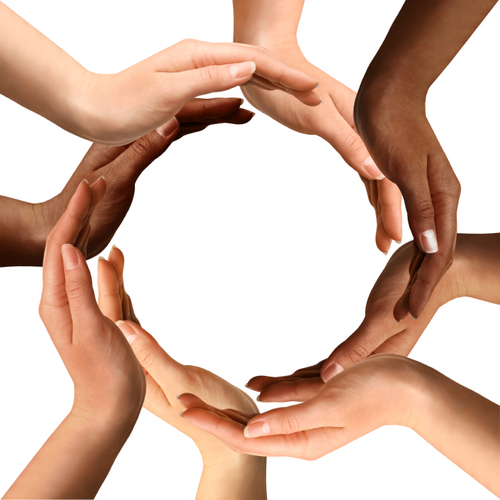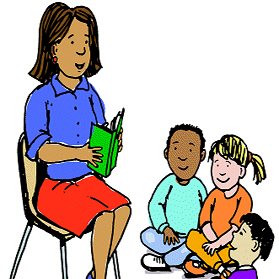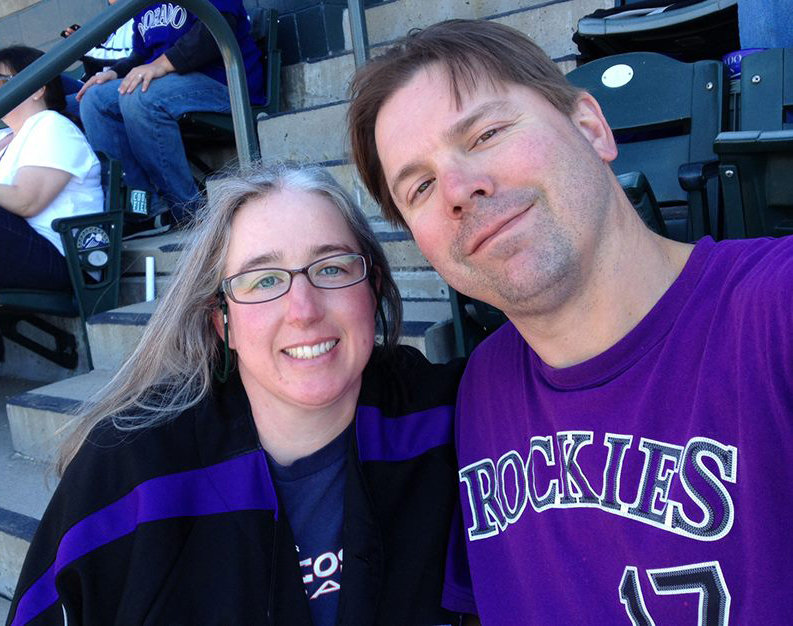
SWsally
Oakland, CA
Female, 26
I'm trained in clinical social work and have experiences working with children, adolescents, families, and couples. I've worked in residential treatment facilities, drop in homeless agencies, mandated services, school based supports and foster/group homes. My areas of expertise are: sexuality, trauma/emotional disorders, and family dynamics.
Yes, I interact with CPS/ACS whenever I need to file a report regarding child abuse (physical, sexual, or emotional) or neglect (caregiving or educational). I have not been present during a worker's visit or potential removal from the home. However, I've heard a variety of stories from friends who work in that field. Anything from parents taking their children and fleeing out the window, barracading themselves inside, or attacking the worker directly. You never know what you're walking into.
This depends on the agency and role. I've worked in a variety of settings working with families, foster kids, homeless youth, and adults. I've had clients that were at will, mandated by IEPs, mandated by a court, or just by default as residents of a program.
There are certainly many familial challenges that are made worse by poverty and institutionalized racism. Those who face mental health challenges while also battling unemployment, housing insecurity, or the numerous other stressors that come with poverty, are understandably less likely to pursue mental health or family supports. However, in my experience, it's actually the well-off community that turns up it's nose to admitting problems and seeking available support.
In regards to patterns linked to race/poverty, one notable fact: the worst abuse cases (by that I mean the sadistic, torturous, ongoing physical/sexual abuse) are most often perpetrated by white, economically stable, men.
It really depends on the agency and available funding. Because our government budget does not prioritize mental health or social services, many of those agencies can only offer salaries in the low-40s (and that's in major cities with high COL). However, if a Social Worker is fortunate enough to gain employment by a privately funded institution, say a charter school, they could earn anywhere from mid-50s to low-70s.
Yes, I do beleive this impacts who is drawn to pursue Social Work as a career. Many end up seeking a clinical license to open private practice in order to supplement their income. For those who have more time/money to dedicate towards education, they may forgo Social Work for a PhD in pscyhology or a related field. This again typically results in private practice rather than social services.
Special Education Teacher
 Does it bother you when people use the R-word?
Does it bother you when people use the R-word?
Day Care Provider
 Is it ok w/your employer if you babysit one of the kids outside of daycare hours?
Is it ok w/your employer if you babysit one of the kids outside of daycare hours?
iPhone & iPad Technician
 What brand do you think has the poorest quality / workmanship?
What brand do you think has the poorest quality / workmanship?
I can only speak to the services in NYC as I have not had the opportunity to work in the wider state area.
NYC is home to many agencies that offer mental health care, preventative work, housing assistance, etc, etc. This support network is large and complex which affords both pros and cons to the consumer. On one hand, if you know what services you need and what's available to you with your coverage, NYC is a great place to get those needs met. However, many individuals do not pursue supports due to the overwhelming options or confusing referral systems. For these reasons, I think NYC's wide network of available services is both its greatest attribute and a daunting system.
All registered/licensed Social Workers must graduate from an accredited Master of Social Work program which includes both formal classes and field work. To achieve a clinical license, the Social Worker must pass an exam (the Social Work Boards) and many states also require some additional state-specific coursework related to their laws and regulations around psychotherapy.
I personally am a graduate of a clinical masters program that provided me the opportunity to apply the theoretical framework developed in my undergraduate studies in Psychology (it is not required to study a related field in undergrad; many SWs are career changers). In addition to the clinical emphasis of my MSW program, I elected to participate in a Macro/Policy mini-major which affords students the chance to grow their program evaluation and policy related skills. I am licensed as an LMSW in New York state and am in the process of registering as an ASW in California.
The low pay is certainly a deterrant for many, myself included. Luckily, many agencies offer ongoing education and trainings to support their staff in furthering their carreers and confidence in the field. That, however, does not replace the pay raises that social workers so desperately need in order to make this work financially worthwhile. Honestly, I think a national restructuring of our finances is in order to reprioritize social services and education.
I chose to focus on child and family issues, along with some macro/policy work, for my studies so those are the cases I feel most confident working on. It's incredibly rewarding to help a family improve their experience together as well as to influence the greater policies that affect each of us in society.
In terms of most and least favorite, it may sound counter intuitive but my favorite cases to work on (and most challenging) typically involve trauma and abuse and the deep clinical work that's needed to heal those wounds.
Sorry to hear about this situation. I think your course of action depends on the reasons for your concern. If your child has said something, or you've seen evidence of mistreatment, it's important you take steps right away. You, or anyone, can contact and file a report of child mistreatment completely anonymously. The case worker is not permitted to share from whome the report was made.
However, depending on the details in the report (and the follow up questions the case worker must ask), it is possible that your ex-wife may put two and two together. This area of "reporter confidentiality" is a touchy one and I will admit that many worker either did not recieve adequate training and/or do not take enough care to keep things confidential.
Regardless, child safety is the upmost priority.
Typically social workers choose an field of practice in graduate school (though not mandatory). I chose to focus on child and family services along with macro/policy work and most of my work has related to those topics in some way (though family work is pretty universal). That's not to say, though, that I could not go apply for and work in any of the other social work fields. As with any job, experience and training are key factors to landing the initial position so many social workers tend to stay in their area of expertise.
(Apologies for the delay!)
"Secondary Trauma," also known as "Compassion Fatigue," is a much discussed symptom of working in this field. Exactly what it sounds like, most therapists/social workers are in their own form of therapy or at least engage in what's called "supervision" wherethey process the emotions that come up from their cases with a fellow clinician.
For me personally, the many treatment modalities focused on strengths and potential have taught me how to find the good in any situation and celebrate the infinitely small signs of progress. That being said, when I take a step back and look around, it's definitely overwhelming at times to see how pervasive evil actually is.
And yes, of course it’s frustrating to support a young mother while yet another of her babies follows its older brothers and sisters into the system. The very system their mother has just barely survived.
Sometimes that same step back is necessary to be able to do the work.
Many non-profits and social service agencies will allow volunteers in variety of roles. Some are more behind the scenes (fundraising, admin work, helping at local events) while others are more hands on with actual clients (going on outings, teaching life skills, attending therapy groups, serving food, or even just "hanging out" to build interpersonal skills). The latter may require volunteers to pass a back ground check, especially if working with minors. If you're interesting in entering to Social Work field, one place to start gathering info and resources would be your local university with a SW program (grad or undergrad).
-OR-
 Login with Facebook
Login with Facebook (max 20 characters - letters, numbers, and underscores only. Note that your username is private, and you have the option to choose an alias when asking questions or hosting a Q&A.)
(A valid e-mail address is required. Your e-mail will not be shared with anyone.)
(min 5 characters)
By checking this box, you acknowledge that you have read and agree to Jobstr.com’s Terms and Privacy Policy.
-OR-
 Register with Facebook
Register with Facebook(Don't worry: you'll be able to choose an alias when asking questions or hosting a Q&A.)